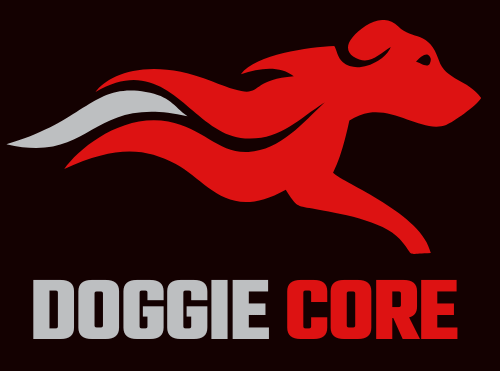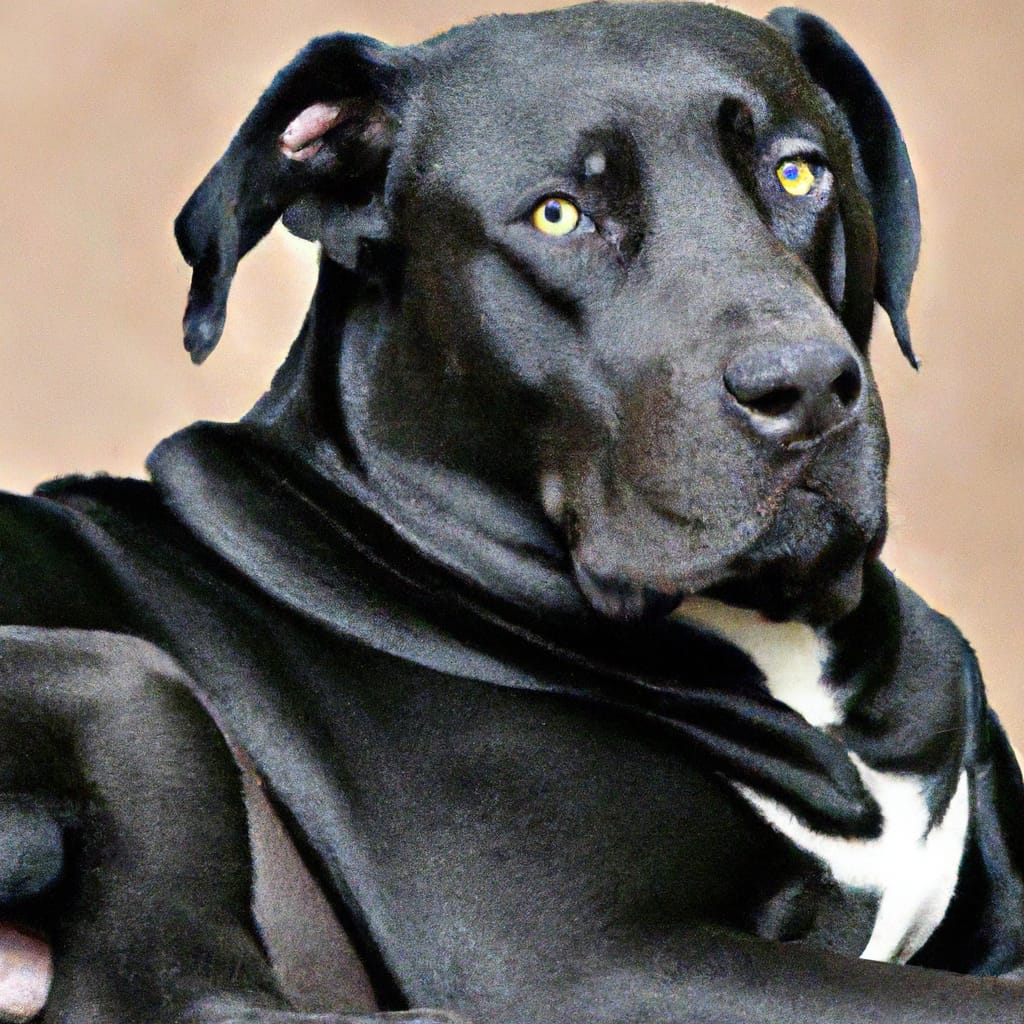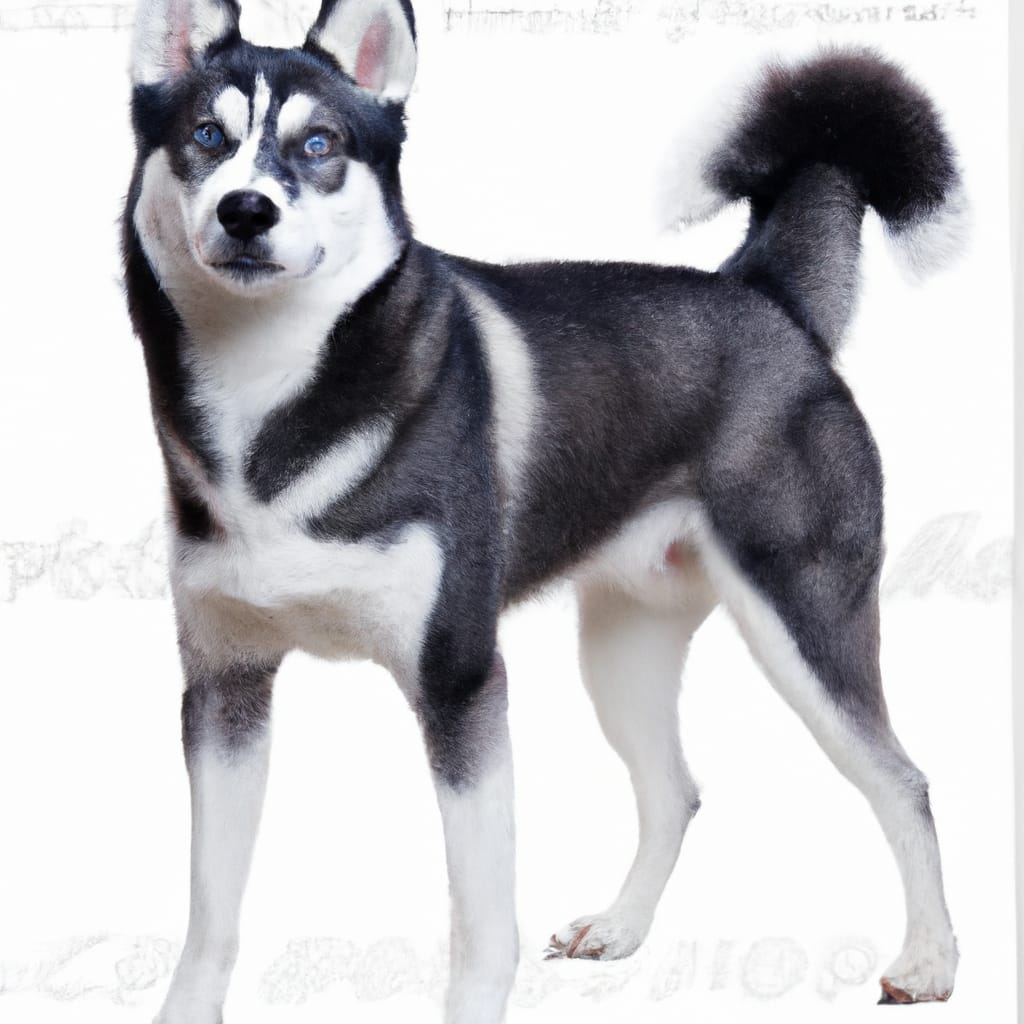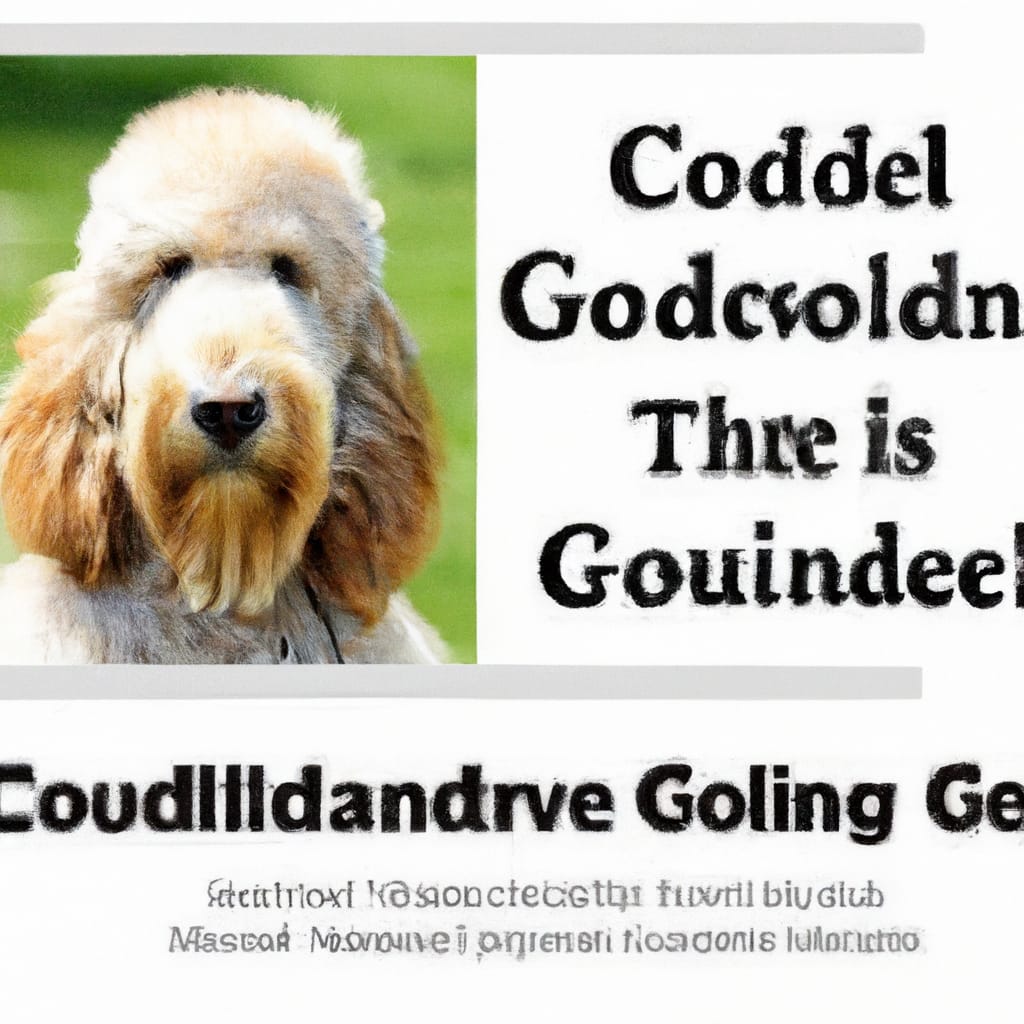Doodle Dog Weight Management: Avoiding Obesity
Are you a proud owner of a lovable Doodle dog? If so, then you’re probably aware of the importance of maintaining their well-being. In this article, we will explore the topic of Doodle dog weight management and how to avoid obesity in these adorable furry friends. With a few simple tips and tricks, you can ensure that your Doodle dog stays healthy and happy for years to come. So, let’s dive in and discover the key to keeping your Doodle dog fit and trim!
Understanding Doodle Dogs
Doodle dogs, also known as Doodle breeds, are a popular type of mixed breed dog that have gained significant popularity in recent years. They are a cross between a Poodle and another breed, such as a Labrador Retriever or a Golden Retriever. Doodle dogs are known for their adorable appearance and friendly temperament, which makes them great companions for individuals and families alike.
Doodle Dog Breeds
There are several different breeds of Doodle dogs, each with its unique characteristics. Some of the most popular Doodle breeds include Labradoodles, Goldendoodles, Bernedoodles, and Aussiedoodles. Labradoodles are a cross between a Poodle and a Labrador Retriever and are known for their intelligence and loyalty. Goldendoodles, a cross between a Poodle and a Golden Retriever, are friendly, social, and highly trainable. Bernedoodles are a mix of a Poodle and a Bernese Mountain Dog, known for their calm and gentle nature. Aussiedoodles, a cross between a Poodle and an Australian Shepherd, are energetic and smart.
Characteristics of Doodle Dogs
Doodle dogs inherit a combination of traits from their Poodle and other breed parent, resulting in a unique set of characteristics. One of the most well-known traits of Doodle dogs is their hypoallergenic coat, which is low-shedding and suitable for individuals with allergies. They are also known for their intelligence and trainability, making them quick learners and apt for various activities. Doodle dogs are generally friendly and social, getting along well with both humans and other animals. However, it is essential to note that individual Doodle dogs may vary in temperament and characteristics depending on the specific mix of breeds.
The Importance of Weight Management for Doodle Dogs
Maintaining a healthy weight is crucial for the overall well-being and longevity of Doodle dogs. Unfortunately, obesity is becoming a significant concern among Doodle breeds and can have severe implications for their health. Understanding the health risks associated with obesity in Doodle dogs and identifying the common causes of weight gain is essential in promoting a healthy lifestyle for our beloved four-legged friends.
Health Risks of Obesity in Doodle Dogs
Obesity in Doodle dogs can lead to a range of health issues. Excess weight puts significant strain on their joints, increasing the risk of developing conditions such as arthritis and hip dysplasia. Obesity also puts a strain on the heart, increasing the risk of cardiovascular problems. Additionally, overweight Doodle dogs may be more prone to respiratory issues, diabetes, and certain types of cancer. It is crucial to recognize that obesity is not merely an aesthetic concern but a serious health risk that can significantly impact the quality of life for Doodle dogs.
Common Causes of Weight Gain in Doodle Dogs
Weight gain in Doodle dogs can be attributed to various factors, including overeating, lack of physical activity, and genetic predisposition. Many Doodle breeds have a hearty appetite and may have a tendency to overeat if not properly monitored. Lack of exercise or inadequate physical activity can also contribute to weight gain. Doodle dogs require regular exercise to maintain a healthy weight and promote overall well-being. Additionally, certain genetic factors may make some Doodle dogs more susceptible to weight gain. Understanding these common causes can help prevent and manage weight gain in Doodle dogs.

Identifying the Ideal Weight for Your Doodle Dog
Determining the ideal weight for your Doodle dog is an essential step in their weight management journey. While there is no one-size-fits-all approach, there are methods to assess their body condition score (BCS) and consult with a veterinarian to determine a healthy weight range.
Measuring Body Condition Score (BCS)
One effective method for assessing your Doodle dog’s weight is by measuring their body condition score (BCS). BCS is a numerical scale that gives an indication of the amount of body fat a dog has. Typically, the scale ranges from 1 to 9, with 1 being severely underweight and 9 being severely overweight. A healthy Doodle dog should ideally have a BCS between 4 and 5, with a visible waistline and easily felt ribs. Consulting a veterinarian can help accurately determine your Doodle dog’s BCS and provide guidance on achieving and maintaining a healthy weight.
Consulting with a Veterinarian
A veterinarian is an invaluable resource when it comes to your Doodle dog’s weight management. They can help assess your dog’s current weight, body condition, and overall health. A veterinarian can provide personalized recommendations based on your Doodle dog’s specific needs, such as dietary adjustments and exercise plans. Regular check-ups with a veterinarian can ensure that your Doodle dog’s weight is monitored closely and any potential health risks are detected and addressed early on.
Dietary Recommendations for Doodle Dogs
A well-balanced diet is crucial in maintaining a healthy weight for your Doodle dog. Choosing the right dog food, practicing portion control, establishing a feeding schedule, and avoiding table scraps and treats are essential elements of a successful weight management plan.
Choosing the Right Dog Food
When selecting a diet for your Doodle dog, it is important to choose a high-quality dog food that is specifically formulated for their breed size, age, and activity level. Look for dog foods that list real meat as the first ingredient and avoid those with excessive fillers and artificial additives. Consult with your veterinarian for their recommendations on the best diet options for your Doodle dog.
Portion Control
Controlling portion sizes is crucial in preventing overeating and weight gain in Doodle dogs. Follow the feeding guidelines provided on the dog food packaging and adjust the portion sizes based on your Doodle dog’s individual needs. It is important to monitor their body condition and adjust the portions accordingly to maintain a healthy weight.
Feeding Schedule
Establishing a regular feeding schedule can help regulate your Doodle dog’s metabolism and prevent grazing throughout the day. Divide their daily portion into two or three meals and feed them at consistent times each day. Avoid leaving food out all day as it can lead to overeating and weight gain.
Avoiding Table Scraps and Treats
While it can be tempting to share our food with our furry friends, it is important to avoid feeding them table scraps and excessive treats. Human food is often high in fat, salt, and sugar, which can contribute to weight gain and other health issues in Doodle dogs. Opt for healthy, dog-specific treats that are low in calories and offer them in moderation.

Exercise and Physical Activity for Doodle Dogs
Regular exercise is an essential component of weight management for Doodle dogs. Engaging in daily exercise, incorporating different types of exercises, and providing enrichment activities can help them maintain a healthy weight and stimulate their mental well-being.
Daily Exercise Requirements
Doodle dogs generally require at least 30 minutes to 1 hour of exercise every day. This can include activities such as brisk walks, jogging, playing fetch, or engaging in interactive play sessions. However, it is important to note that the exercise needs of individual Doodle dogs may vary based on factors such as age, size, and overall health. Consult with your veterinarian to determine the appropriate amount and intensity of exercise for your Doodle dog.
Types of Exercises for Doodle Dogs
Doodle dogs thrive on physical activity and enjoy a variety of exercises. In addition to regular walks, consider engaging in activities such as swimming, hiking, agility training, or playing interactive games that stimulate their mental and physical abilities. Mix up their exercise routine to keep them engaged and provide a well-rounded approach to weight management.
Enrichment Activities
In addition to physical exercise, providing mental stimulation through enrichment activities is important for Doodle dogs. Engage their minds with puzzle toys, treat-dispensing toys, and interactive games that challenge their problem-solving abilities. A mentally stimulated Doodle dog is less likely to engage in destructive behaviors and is more likely to maintain a healthy weight.
Implementing a Weight Management Plan for Your Doodle Dog
Implementing a weight management plan for your Doodle dog requires setting realistic goals, creating a routine, and monitoring their progress. Consistency and dedication are key elements in achieving and maintaining a healthy weight for your beloved pet.
Setting Realistic Goals
When setting weight management goals for your Doodle dog, it is important to be realistic and consider their individual needs. Consult with your veterinarian to determine a healthy weight range and establish a timeline for achieving the desired weight. Remember that gradual weight loss is safer and more sustainable than rapid weight loss.
Creating a Routine
Consistency is important in a weight management plan for Doodle dogs. Establish a daily routine that includes regular mealtimes, exercise sessions, and enrichment activities. Stick to the schedule to provide structure and stability for your Doodle dog, making it easier for them to adapt to their weight management plan.
Monitoring Your Doodle Dog’s Progress
Regularly monitor your Doodle dog’s progress throughout their weight management journey. Keep track of their weight, body condition score, and any changes in their overall health. Pay attention to their energy levels, coat condition, and appetite. If you notice any significant changes or concerns, consult with your veterinarian for further guidance.
Additional Considerations for Doodle Dog Weight Management
There are a few additional considerations to keep in mind when managing the weight of your Doodle dog. These include potential underlying health conditions, avoiding crash diets, and involving the whole family in their weight management journey.
Possible Underlying Health Conditions
Sometimes, weight gain in Doodle dogs can be attributed to underlying health conditions such as hypothyroidism or hormonal imbalances. If you have been following a weight management plan diligently, but your Doodle dog is not losing weight or continues to gain weight, consult with your veterinarian to rule out any potential health issues.
Avoiding Crash Diets
While it may be tempting to try crash diets or extreme weight loss measures, these can be harmful to your Doodle dog’s health. Rapid weight loss can lead to muscle loss, nutritional deficiencies, and other complications. It is important to focus on gradual, sustainable weight loss and consult with your veterinarian for guidance throughout the process.
Involving the Whole Family
Weight management for Doodle dogs is a team effort. Involve your entire family in their weight management journey to ensure consistency and support. Educate family members about the importance of maintaining a healthy weight for your Doodle dog and encourage them to follow the weight management plan.
Resources for Doodle Dog Weight Management
There are various resources available to assist you in managing your Doodle dog’s weight effectively. Online weight management tools and calculators can help determine ideal weight ranges and provide guidance on feeding recommendations. Additionally, canine nutritionists and consultants specialize in assessing individual dietary needs and can provide expert advice tailored to your Doodle dog’s specific requirements.
By understanding the importance of weight management, implementing a comprehensive plan, and seeking guidance when necessary, you can ensure that your Doodle dog lives a long, healthy, and happy life. Remember, a healthy weight is not just about appearances but is a crucial aspect of your Doodle dog’s overall well-being.













